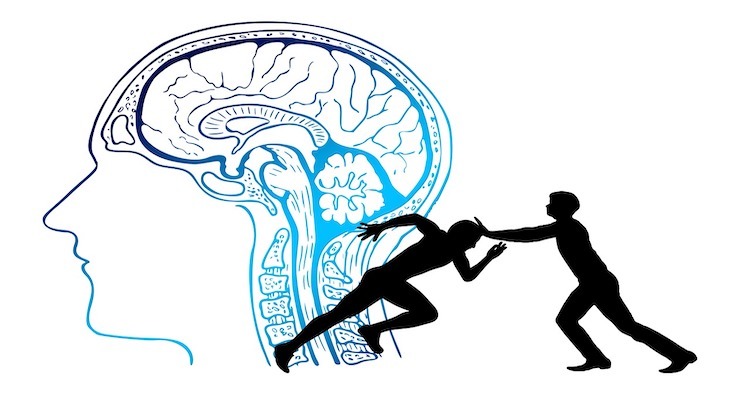
Low self-confidence in sport is the opposite of the mental state of self-assurance, self-belief, and self-efficacy that is required for optimal athletic performance. It refers to a lack of confidence in an athlete's ability to perform the skills required for their sport, and can have a significant negative impact on their performance.
Athletes with low self-confidence may doubt their abilities and skills, experience high levels of anxiety and nervousness, and struggle to perform at their best in high-pressure situations. They may be more likely to give up or avoid challenges, and may struggle with motivation and maintaining a positive attitude.
There are several factors that can contribute to low confidence in sport. Here are a few examples:
It's important to note that confidence issues can be complex and multifaceted, and can vary greatly from athlete to athlete. Identifying the specific factors that contribute to low confidence is an important step in addressing and overcoming these issues.
Many athletes have spoken publicly about their experiences with low self-confidence and the challenges that come with it. Here are a few examples:
These are just a few examples of athletes who have spoken openly about their experiences with low self-confidence. Many other athletes have also shared their stories and strategies for overcoming confidence issues.
How to Overcome Low confidence in Sport
It is difficult when you lose confidence in sport, but you can work on your mental game to raise your confidence levels. Here are some strategies that athletes can use to overcome low confidence in sport:
These are just a few strategies that athletes can use to overcome low confidence in sport.
If you would like advice on mental skills in sport and overcome low confidence in sport we would strongly encourage you to speak to a specialist. You can find qualified sport psychology consultants listed on our site, by visiting our home page and using our easily searchable directory.
